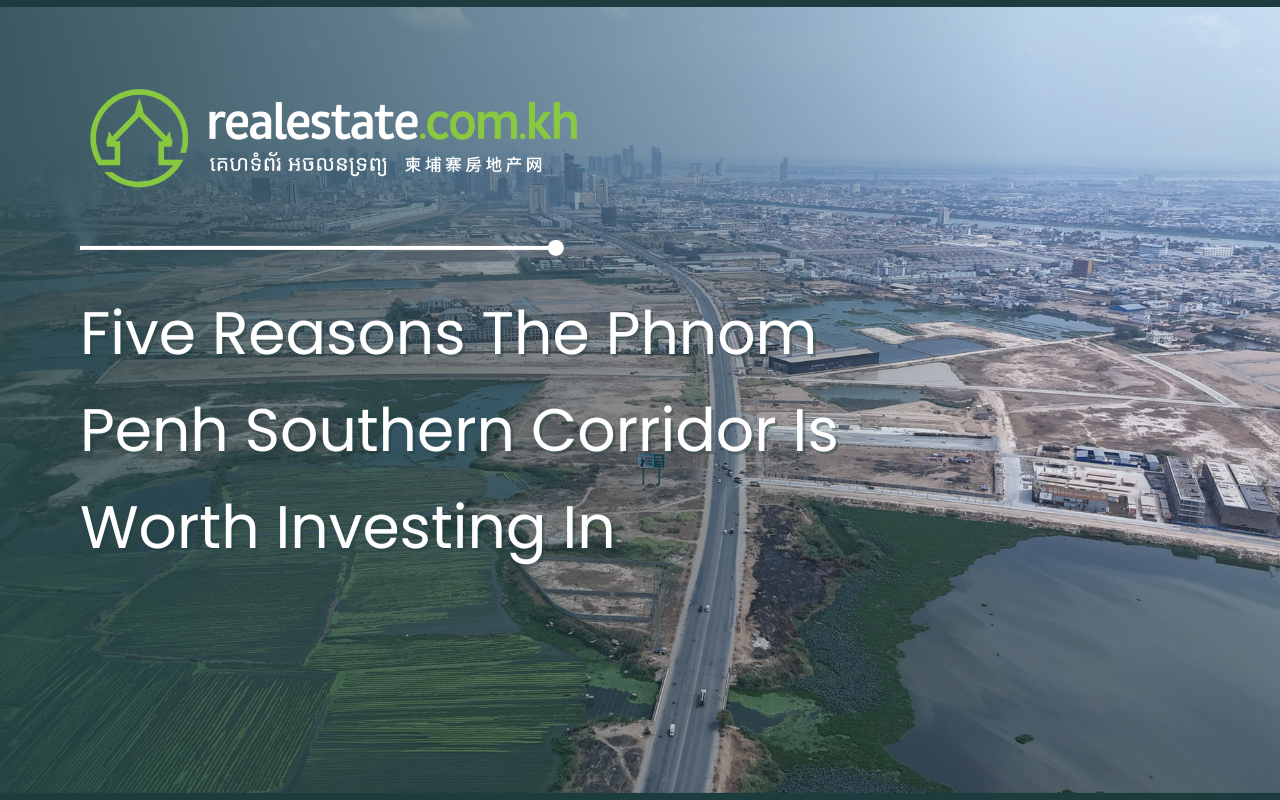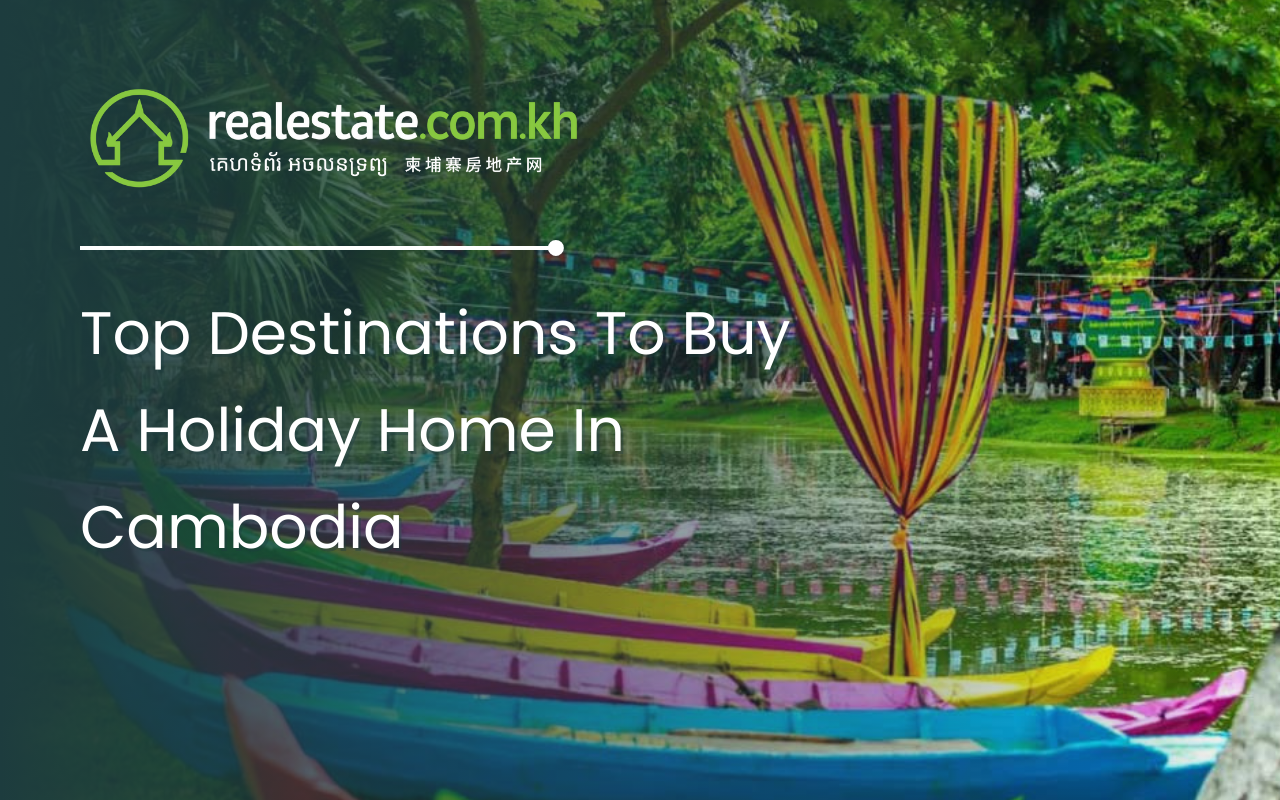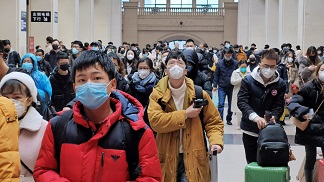 Amid the Cambodia, Myanmar and Vietnam bloc, foreigners are subject to a variety of ownership limits. However, in all these markets, lately things have begun to change.
Myanmar's constitution establishes the state as the ultimate owner of all land. Yet, under the new Myanmar Foreign Investment Law, an investor may lease land for up to 50 years, with two 10 year extensions.
A Condominium Law that is currently in development in Myanmar but not yet in force, likely inspired by the Singaporean example, a local long-time-investor in Myanmar, would allow a foreigner to purchase a condominium on the sixth floor or above of a co-owned building (as in Singapore), up to a quota of 40 percent foreign ownership of the total units in the property.
In Vietnam, freehold ownership by foreigners over land is prohibited by the constitution. Yet state authorized leases between 50 and 70 years are widely available, especially for development projects, and renewable at the discretion of officials. Further, pursuant to the Vietnamese Law of Housing 2014, a foreigner may now own a unit in an apartment or condominium building - if it is a no-more-than 30 percent foreign owned building.
Cambodia, unlike its three neighboring counterparts, has a freehold land ownership system for its citizens. Foreigners based in Cambodia are also allowed rights of ownership over certain properties, subject to 2010 Law on the Provision of Ownership Rights. These rights, however, are restricted to buildings that have obtained a "strata title", which is available only to newly completed apartment buildings. Foreigners cannot acquire a ground-floor unit legally, and any foreign ownership allocation is limited to a maximum of 70 percent of the units in any one co-owned building. Nevertheless, a foreigner lease term over landed properties can still be up to a 50 year maximum, with a 50 year renewal option included.
In Indonesia, Southeast Asia’s largest economy, foreign nationals are not allowed to buy property under current laws. However, recent statements from the government slate loosening restrictions, with changes finalized by the end of the year. These new laws are expected to allow foreigners to buy apartments priced above 5 billion rupiah (US$375,000), although they will still not be able to buy landed property.
However, industry experts believe FDI growth is not reliant solely on foreign property ownership allowances.
Ross Wheble, country manager for Knight Frank Cambodia, notes that, “when referring to FDI, it’s more related to multinational companies investing in manufacturing, agriculture, infrastructure, the financial sector and commerce in general. Many of these companies do not want to own freehold property; if a company can secure a long term lease of 20 to 30 years and above, they are generally able to source financing from banking institutions and also payback on their initial investment.”
For this reason, Wheble suggests that “small alterations to foreign ownership laws on real estate in neighbouring countries won’t have significant impact on FDI flows into Cambodia. There are more pertinent factors that affect FDI such as political stability, skilled labour force, infrastructure, ease of doing business, anti-corruption policies etc. “
Matthew Rendall, senior partner at Zicolaw, agrees, “the laws themselves will not be such a decisive factor for foreigners in deciding where to invest, but rather the market conditions and the implementation of those laws on the ground. Whereas ownership is usually a secure form of tenure, a test often comes in the legal security offered by leasehold.”
For these reasons, Rendall is pleased to see leasehold regulation developing in Cambodia: “It is very important that each country ensures that its lease agreements receive the full protection of the law and that possession acquired through leases receives the same protection as ownership offers.”
Rami Sharaf, CEO of World Bridge International (WBI) agrees that Cambodia offers investors a package of benefits, which makes freehold ownership just one incentive among many: “In Cambodia, there is very little discrimination between foreigners and locals in regards to company registration, taxes and customs duties. Meanwhile, the country is geographically central, with a young and motivated labour pool, and, of course, buoyed by the US dollar. Furthermore, Cambodian based manufacturers still enjoy tax-free export to Europe because Cambodia is still classed as a less developed country (LDC).”
Amid the Cambodia, Myanmar and Vietnam bloc, foreigners are subject to a variety of ownership limits. However, in all these markets, lately things have begun to change.
Myanmar's constitution establishes the state as the ultimate owner of all land. Yet, under the new Myanmar Foreign Investment Law, an investor may lease land for up to 50 years, with two 10 year extensions.
A Condominium Law that is currently in development in Myanmar but not yet in force, likely inspired by the Singaporean example, a local long-time-investor in Myanmar, would allow a foreigner to purchase a condominium on the sixth floor or above of a co-owned building (as in Singapore), up to a quota of 40 percent foreign ownership of the total units in the property.
In Vietnam, freehold ownership by foreigners over land is prohibited by the constitution. Yet state authorized leases between 50 and 70 years are widely available, especially for development projects, and renewable at the discretion of officials. Further, pursuant to the Vietnamese Law of Housing 2014, a foreigner may now own a unit in an apartment or condominium building - if it is a no-more-than 30 percent foreign owned building.
Cambodia, unlike its three neighboring counterparts, has a freehold land ownership system for its citizens. Foreigners based in Cambodia are also allowed rights of ownership over certain properties, subject to 2010 Law on the Provision of Ownership Rights. These rights, however, are restricted to buildings that have obtained a "strata title", which is available only to newly completed apartment buildings. Foreigners cannot acquire a ground-floor unit legally, and any foreign ownership allocation is limited to a maximum of 70 percent of the units in any one co-owned building. Nevertheless, a foreigner lease term over landed properties can still be up to a 50 year maximum, with a 50 year renewal option included.
In Indonesia, Southeast Asia’s largest economy, foreign nationals are not allowed to buy property under current laws. However, recent statements from the government slate loosening restrictions, with changes finalized by the end of the year. These new laws are expected to allow foreigners to buy apartments priced above 5 billion rupiah (US$375,000), although they will still not be able to buy landed property.
However, industry experts believe FDI growth is not reliant solely on foreign property ownership allowances.
Ross Wheble, country manager for Knight Frank Cambodia, notes that, “when referring to FDI, it’s more related to multinational companies investing in manufacturing, agriculture, infrastructure, the financial sector and commerce in general. Many of these companies do not want to own freehold property; if a company can secure a long term lease of 20 to 30 years and above, they are generally able to source financing from banking institutions and also payback on their initial investment.”
For this reason, Wheble suggests that “small alterations to foreign ownership laws on real estate in neighbouring countries won’t have significant impact on FDI flows into Cambodia. There are more pertinent factors that affect FDI such as political stability, skilled labour force, infrastructure, ease of doing business, anti-corruption policies etc. “
Matthew Rendall, senior partner at Zicolaw, agrees, “the laws themselves will not be such a decisive factor for foreigners in deciding where to invest, but rather the market conditions and the implementation of those laws on the ground. Whereas ownership is usually a secure form of tenure, a test often comes in the legal security offered by leasehold.”
For these reasons, Rendall is pleased to see leasehold regulation developing in Cambodia: “It is very important that each country ensures that its lease agreements receive the full protection of the law and that possession acquired through leases receives the same protection as ownership offers.”
Rami Sharaf, CEO of World Bridge International (WBI) agrees that Cambodia offers investors a package of benefits, which makes freehold ownership just one incentive among many: “In Cambodia, there is very little discrimination between foreigners and locals in regards to company registration, taxes and customs duties. Meanwhile, the country is geographically central, with a young and motivated labour pool, and, of course, buoyed by the US dollar. Furthermore, Cambodian based manufacturers still enjoy tax-free export to Europe because Cambodia is still classed as a less developed country (LDC).”





Comments